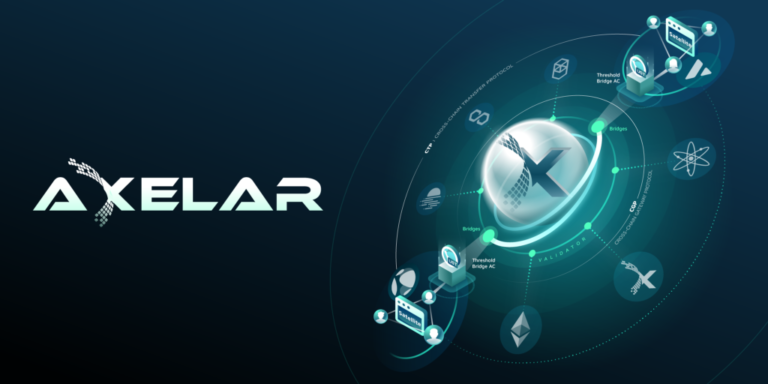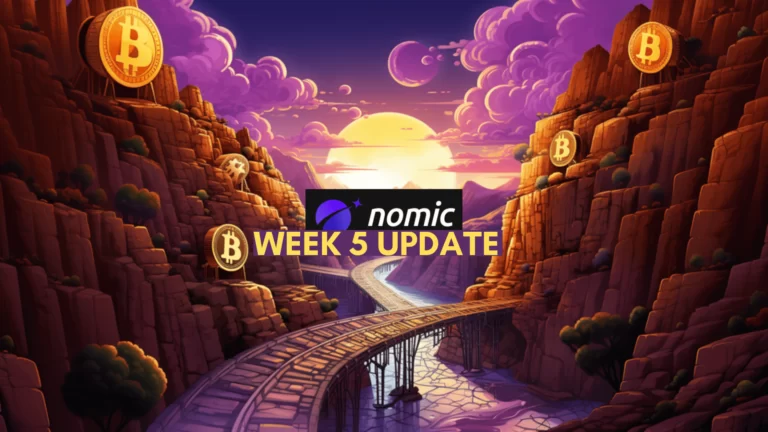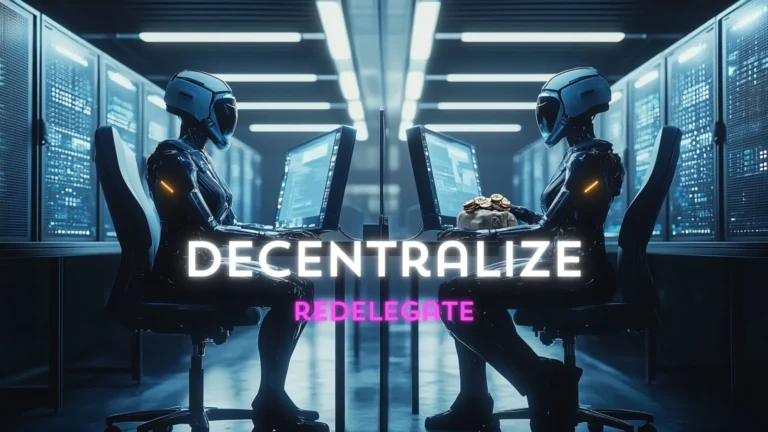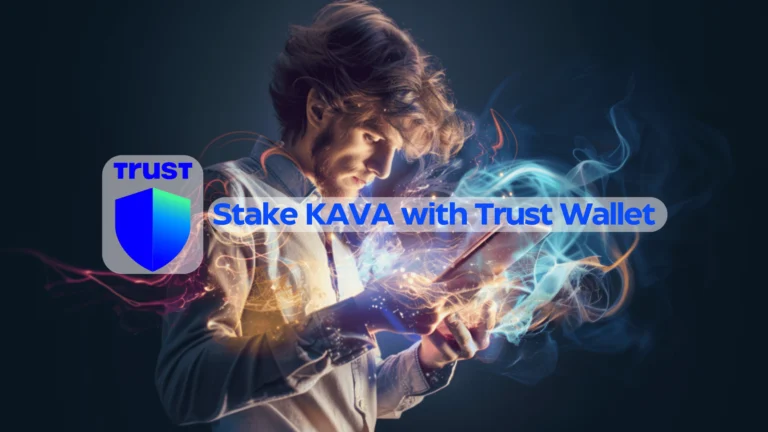How Do Validators Make Money
There are many different consensus mechanisms, so not every PoS chain works the same. However, there are three main ways validators make money.
You will be wiser after reading this and the newfound knowledge will positively affect your crypto staking decisions on all chains going forward.
We will also share our, “Why” and hopefully it resonates with you… Why we’re running a promotion to get into the active set of ATOM validators… and why we’re asking for your support. If you take a little risk staking with us while inactive, we will airdrop ATOM monthly to your address for up to 5 years!
It’s a David vs Goliath kind of thing. If you’re someone who usually roots for the underdog, definitely keep reading.
Did You Know?
Staking rewards come from newly issued tokens (inflation) and transaction fees generated on-chain.
Higher inflation means a higher staking yield. Likewise, more transactions can raise the staking yield.
The opposite is also true. When inflation or the number of transactions are reduced, so is the staking yield.
New protocols generally have high inflation to attract validators, stakers, and users. The hope is that transaction volume increases over time so that inflation can be reduced, thereby improving tokenomics.
Does that make sense?
COSMOS AIRDROPS
New projects and protocols give away tokens to attract users. Crypto rewards those who participate, so register today and collect your free crypto.
You’ll receive PROJECT DETAILS, TOKEN SYMBOL, SNAPSHOT DATES, ELIGIBILITY REQUIREMENTS, LINKS TO CLAIM AND LINKS TO STAKE.
Be sure to add info@atlasstaking.com to your contacts, so our email doesn’t go into your spam folder. You don’t want to miss out!
We will NEVER share or abuse your information
Did You Know?
Validators make money in three ways:
1) Proposing/creating blocks
2) Signing off on newly proposed blocks
3) By charging commission
Validators compete with each other to verify on-chain transactions first and propose a block. This is where the real money is made.
The other 179 validators follow up to verify the transactions in the proposed block are correct and then sign off on it. That block is then added to the chain. All 180 validators earn rewards, but…
The validator that originated the block earns most of the rewards. The other 179 Cosmos Hub ATOM validators split the remaining rewards
Did You Know?
The number of tokens staked with a validator determines their ability to propose and originate blocks. It’s called, “voting power.” When you stake tokens with a validator you are providing them with voting power.
That means the largest validators with the most tokens propose and originate most of the blocks and thus collect most of the rewards.
Additionally, the largest validators earn substantial revenue from commission charged to their delegators.
As a result, the largest validators continue to grow faster than the smaller validators, so there is an ever-widening voting power gap between the largest and the smallest validators.
Therefore, staking with the largest validators centralizes the ecosystem into the hands of a few powerful entities.
Did You Know?
The validator that proposed and originated the block does not share that profit with delegators. You are paid the current staking APY minus your validator’s commission, no matter how many blocks your validator originates.
Therefore, you gain no financial advantage by staking with the largest validators.
Did You Know?
Voting power not only dictates how many blocks a validator might propose and originate, but gives them governance power too.
Think of one staked token as one vote on a governance proposal. A validator with 12 million staked ATOM has 12 million votes, while a validator with 100,000 staked ATOM has 100,000 votes.
Therefore, the largest validators control governance and the evolution of the ecosystem, for better or worse.
Do you see why this could be an issue?
Part 1 Review
Staking gives your validator voting power. The more tokens staked with a validator, the more voting power they have.
Voting power determines a validator’s influence over governance and the evolution of the ecosystem. Voting power also determines how likely your validator is to propose and originate a block.
Validators collect substantially more rewards for proposing blocks vs simply signing off on a block.
Your validator does not share the profits from proposing blocks with you. Therefore, staking with the largest validators gives you no financial advantage.
The largest validators collect the majority of rewards by proposing the most blocks. They also collect the most in commission.
There is an ever-widening gap between the largest and the smallest validators. Therefore, the rich get richer and power gets more and more centralized into the hands of a few.
Next: Part 2
Web3 and blockchains are supposed to democratize finance, but the Cosmos model doesn’t do that. It’s simply duplicating the failed financial and governance systems we’re all here to escape.
Aren’t we here to build something better?
In Part 2 we will show you concrete examples of the problems this creates.
We will also show you how you can be part of the solution. This is our WHY.
It’s WHY we create educational content.
It’s WHY we actively vote on network proposals.
It’s WHY we view our delegators as partners.
It’s WHY we’re asking for your help.
And it’s WHY we’re offering you monthly ATOM rebate airdrops and the highest possible ATOM staking yield for up to 5 years.
We have tried to make the process as simple as possible by providing staking tutorials for Leap, Cosmostation, Keplr, and Ledger Live wallets.
Frequently Asked Questions
What is crypto staking?
Crypto staking is the act of bonding your tokens to support the network. By locking up your tokens with a validator, you earn staking rewards stated as an APY. Validators are in charge of creating and signing off on blocks and then adding them to the chain. As more and more tokens are staked, the blockchain becomes stronger.
How do validators make money?
Validators make money in 4 ways, originating a block of transactions, verifying that block after it’s been originated by another validator, charging commission to delegators, and capturing MEV from transactions.
How much can a validator earn?
That totally depends on how many tokens are staked with the validator. As tokens are staked it increases that validator’s chance to originate or propose a block. Proposing a block pays much more than signing a block that’s been proposed. Additionally, commission charged on rewards prior to paying delegators increases as stake increases.
Small validators often struggle to cover their costs, while the largest validators make 6 or even 7 figures per blockchain each year. This is the subject of part 2, so be sure to check it out.
Nothing we say is financial advice or a recommendation to buy or sell anything. Cryptocurrency is a highly speculative asset class. Staking crypto tokens carries additional risks, including but not limited to smart-contract exploitation, poor validator performance or slashing, token price volatility, loss or theft, lockup periods, and illiquidity. Past performance is not indicative of future results. Never invest more than you can afford to lose. Additionally, the information contained in our articles, social media posts, emails, and on our website is not intended as, and shall not be understood or construed as financial advice. We are not attorneys, accountants, or financial advisors, nor are we holding ourselves out to be. The information contained in our articles, social media posts, emails, and on our website is not a substitute for financial advice from a professional who is aware of the facts and circumstances of your individual situation. We have done our best to ensure that the information provided in our articles, social media posts, emails, and the resources on our website are accurate and provide valuable information. Regardless of anything to the contrary, nothing available in our articles, social media posts, website, or emails should be understood as a recommendation to buy or sell anything and make any investment or financial decisions without consulting with a financial professional to address your particular situation. Atlas Staking expressly recommends that you seek advice from a professional. Neither Atlas Staking nor any of its employees or owners shall be held liable or responsible for any errors or omissions in our articles, in our social media posts, in our emails, or on our website, or for any damage or financial losses you may suffer. The decisions you make belong to you and you only, so always Do Your Own Research.








